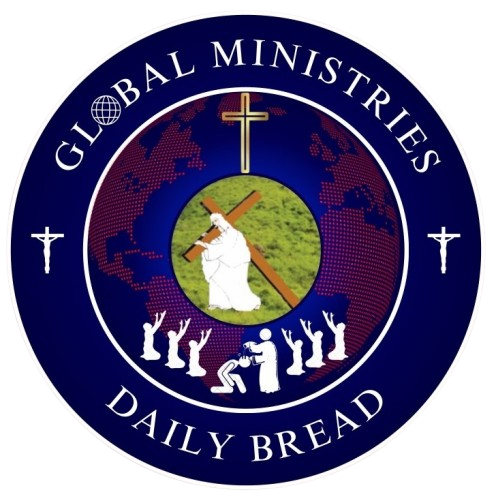Saved and Condemned
- Posted on 16 Jan, 2025
- Recent Blog
- By Duke Fitz-Theodore Randolph
The verse “The Lord is my shepherd” from Psalm 23 is one of the most cherished biblical declarations, reflecting God’s care for His people. Throughout both the Old and New Testaments, God is portrayed as the Shepherd who tenderly watches over His flock. In John 10:11, Jesus reveals Himself as the Good Shepherd, who lays down His life for His sheep. He also emphasizes that His sheep recognize His voice and follow Him (John 10:14). In Psalm 23, the metaphor of sheep illustrates human tendencies. Sheep are known for their propensity to stray, which parallels our human inclination to drift from God. As Isaiah 53:6 states, “We all, like sheep, have gone astray, each of us has turned to our own way.” Straying sheep face significant dangers—becoming lost, vulnerable to predators, or even falling into perilous situations like drowning. Similarly, when we turn from God, we expose ourselves to spiritual risks and adversities. Sheep are entirely reliant on their shepherd for survival, as they lack the ability to fend for themselves. Their limited senses, slow movement, and defenseless nature render them vulnerable. They require guidance, protection, and care. Likewise, as humans, we are spiritually dependent on God for sustenance, protection, and direction. Without Him, we are prone to confusion, fear, and missteps. In ancient times, shepherds faced many challenges, often putting their lives on the line to safeguard their flocks from predators such as lions or wolves. David’s account of defending his sheep from a lion and a bear (1 Samuel 17:34–35) exemplifies the dedication required of a shepherd. Jesus, the ultimate Shepherd, willingly sacrificed Himself for humanity, fulfilling His mission as stated in Matthew 20:28: “The Son of Man did not come to be served, but to serve, and to give His life as a ransom for many.” Just as sheep require a shepherd to lead them to safe pastures and still waters, we, too, need Christ to guide us. The parable of the lost sheep in Luke 15:4–6 emphasizes His unwavering pursuit of us, rescuing and bringing us back to the fold. When we stray from His voice (John 10:27), we risk being misled by others or consumed by worldly distractions. However, those who listen and follow Him are promised eternal security: “I give them eternal life, and they shall never perish; no one will snatch them out of my hand” (John 10:28). Psalm 23 vividly illustrates the shepherd’s provision. The shepherd ensures the sheep’s basic needs—nourishment, rest, safety, and guidance—are met. Believers can rest in the assurance that God, as our Shepherd, knows exactly what we need (Luke 12:22–30). Sheep are unable to drink from fast-flowing streams or rest when hungry; hence, the shepherd often creates calm environments, just as Psalm 23:2 describes: “He leads me beside still waters.” The paths mentioned in Psalm 23:3 symbolize well-worn and reliable routes. Sheep venturing off these paths often encounter trouble, akin to the warning in Hebrews 13:9 about being led astray by false teachings. The Good Shepherd lovingly keeps His flock on the right path, seeking out those who wander (Matthew 18:12–14). Ultimately, the shepherd’s devotion to the sheep reflects both love and responsibility. Jesus, in declaring Himself the Shepherd, affirms His divine nature and unwavering commitment to His people. With the Eternal God as our Shepherd, we can confidently declare, “The Lord is my shepherd; I lack nothing.”
